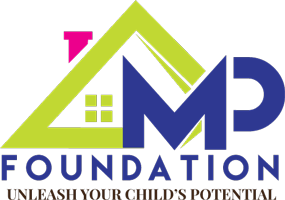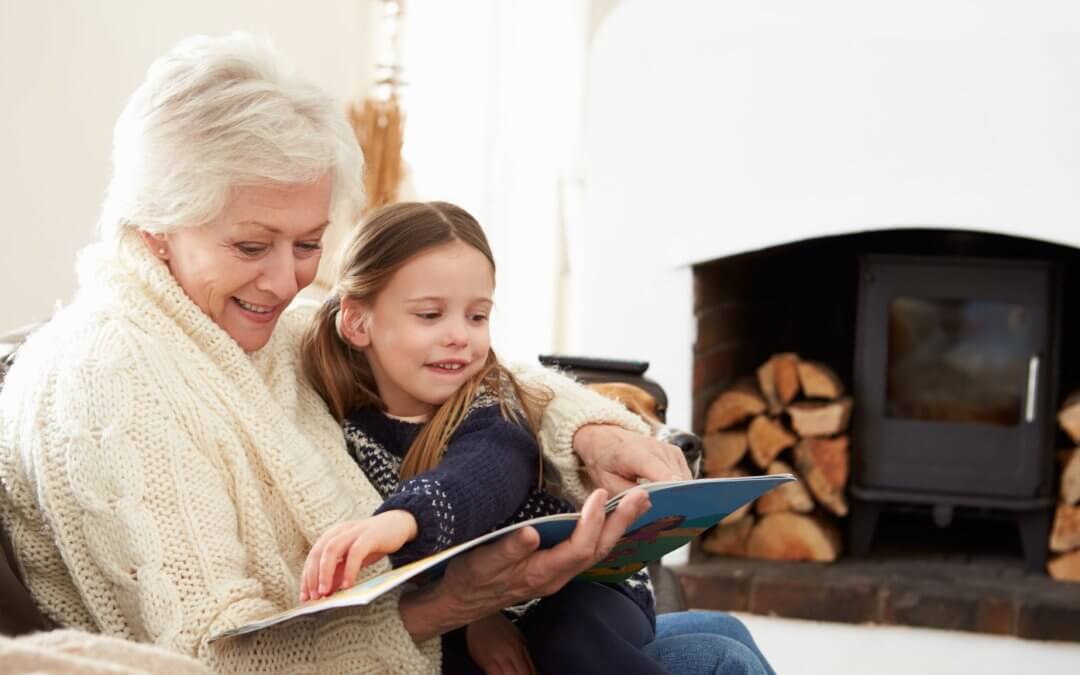Parents are the most important people in a young child’s life. They are the first people babies connect with in their life, they are the ones who generally provide security, comfort, and guidance. They are also one of the most critical factors in their early learning.
It’s Essential to Be Responsive
An effective parent isn’t one who sits back and watches. It’s not someone passive, who simply plops a bowl of Cheerios in front of the child in the morning, drops them off at a daycare, picks them up, puts more food in front of them at dinner, and then ushers them to bed.
There are certainly parents who do little more than this, but it’s important to be responsive. We need to be engaged in our child’s life from the moment they wake up until their weary eyes finally slip closed for the night.
What is a ‘responsive’ parent?
This is the mom or dad who engages with their child, who understands the vital importance of early development, education, and experience. This is the parent(s) who seeks to provide every opportunity for their child to grow and learn as best they can.
Language and Vocabulary Begin as Early as Possible
The sooner you begin reading and talking to and around your baby and toddler consistently, the more they will benefit. Studies show that children whose parents read to them (such as at night while in bed) outperform classmates with their vocabulary and language skills[1].
Language and literacy is a powerful indicator for success in reading and comprehension[2]. These two components develop concurrently and have a direct influence on one another.
When children are read to and engaged in the stories (being guided to try and read or understand the symbolic nature of letters and words), they develop stronger language skills and vocabulary, which ultimately impacts their reading and comprehension skills later on and throughout life.
Speak clearly.
When reading or speaking to your child, make sure it’s clear. Their young mind hasn’t yet developed the capacity to differentiate various dialects. Slurred, lazy, or fatigued speech may sound completely different to a young child than clear, enunciated dialogue.
Also, it’s a good habit to talk while doing even the everyday tasks we carry out regularly. When driving down the road, point out and name various objects, even if you’ve already done this numerous times before. Describe and talk about the things you see.
The younger your child is, pause to give him or her time to absorb the information or statement and even to ask questions if they want.
Read, sing, and rhyme.
Children’s songs are favorites of young minds for a reason: there’s a rhythm and simplicity to them that makes it easy to remember, follow along, and repeat. It’s also a fun activity to sing and dance along to favorite songs of your child.
As your child gets older, their preferences for music will change, and though they may not be the Fairy Tales you grew to love, continue to engage with them, keep on top of the words (the lyrics) in those songs, and make sure they are wholesome and age appropriate.
Include various media.
This essentially means when you’re engaged in your child’s education and literacy, don’t merely lean on stories with words only (or pictures predominantly). Use a mixture that is age appropriate, which may include video.
Read, sing, say rhymes, and stay actively involved in your young child’s life each and every day. This isn’t a one-time activity or even something you do once a week.
What About Those Long, Grueling Work Days?
You’re human. You get tired. You feel exhausted when you finally get home and crawl through the front door. All you want to do is rest.
But your child wants you. A study conducted at Stanford University asked young kids what they wanted their parents to know. While it’s easy to assume they’d say, ‘To spend more time with me,’ that response wasn’t even in the top 5.
The top two answers were: “To not be so stressed about money all the time” and “To not be so tired at the end of the day.”
Yes, we get worn out, but our kids still wish to spend quality time with us. You don’t need to play outside or run around the house; reading a good book, talking about your respective days together, and just engaging with them is enough.
Consider Including Everyday Items with Stories
Whether you’re regaling your young child with an accounting of your day or reading a story, use props or everyday items to help them go even deeper into the story. Checkbooks, menus, and empty food containers are all great ideas.
When children can touch, manipulate, and use these items, they become more real than mere representations in words. That helps these young boys and girls build stronger vocabularies and improve literacy.
Allow Your Kids to Interact with Books
As adults, we assume books are inert. To kids, they can be highly interactive. Libraries, preschools, and other facilities often have ‘story times’ where children can interact with the stories through questions, anticipating the next step in the story, and even asking questions.
You can create this same type of environment at home with your child. Teachers do this often and it truly does make a world of difference for literacy and reading comprehension skills.
Consider Helping Them Start a Journal
It’s not a diary where they’d jot down their secrets, but a journal is a great way for children to create and share stories, learn to write letters and form words and bring them into sentences as they get older.
Writing regularly in a journal also helps to build confidence. As they see improvement, they feel better about themselves and their abilities to achieve educational success at school.
Ultimately, the right school environment is crucial for child development, but parents still play the first and primary role in that area. When you’re engaged with stories, reading, and communication, your child will benefit for the rest of her/his life.
[1] Massaro, Dominic. Two Different Communication Genres and Implications for Vocabulary Development and Learning to Read. Department of Psychology, University of California, Santa Cruz. https://mk0edsource0y23p672y.kinstacdn.com/wp-content/uploads/2015/06/massaroJLR1.pdf
[2] https://www.air.org/topic/reading-and-literacy
RELATED:

